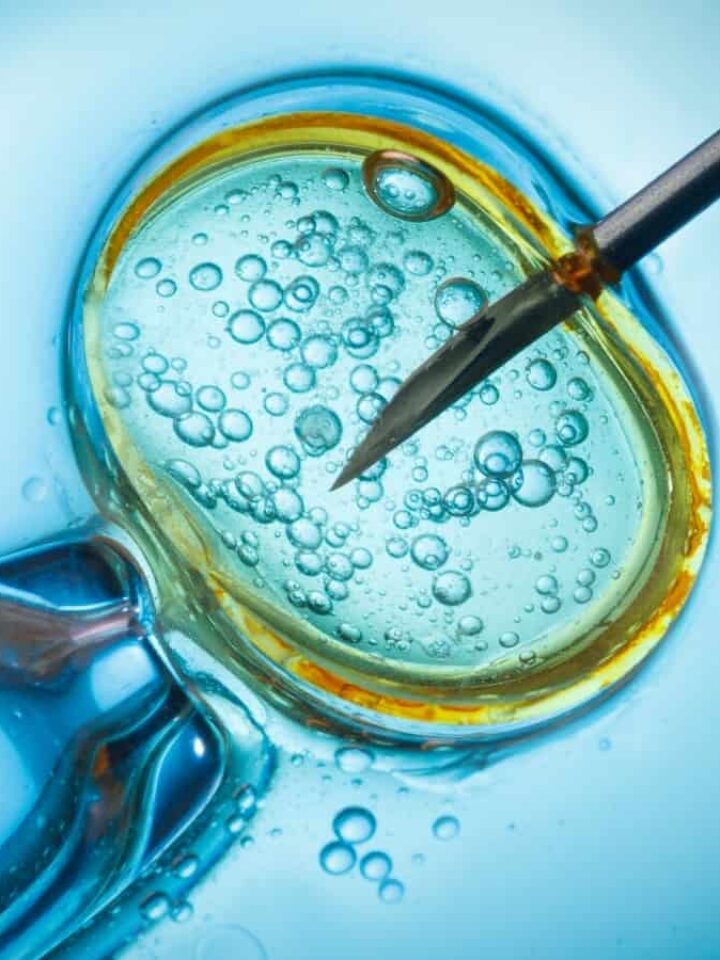An artificial intelligence algorithm developed by Tel Aviv-based Fairtility could increase success rates of in vitro fertilization (IVF), according to a new study published in Nature‘s Scientific Reports.
In IVF, eggs are surgically removed from the ovary and mixed with sperm in the lab. After about two days, an embryologist chooses the highest-potential blastocyst – a very early-stage embryo — to implant in the uterus.
Currently, the Society for Assisted Reproductive Technology finds the chance of a live birth from a single IVF procedure is less than half for women under 35 and less than 10% for women ages 41-42.
Fairtility’s AI decision-support software platform, CHLOE, “enabled us to measure various embryo components automatically with higher accuracy and speed than us, the embryologists,” explained corresponding author Dr. Iris Har Vardi, Fairtility’s scientific adviser, director of the Fertility and IVF Lab at Soroka University Medical Center, and senior lecturer at Ben-Gurion University.
The study retrospectively used CHLOE to automatically assess four parameters of 608 blastocysts that had been selected for IVF using standard criteria. Researchers found that slightly larger blastocysts had higher implantation potential.

“This research highlights the potential for enhanced blastocyst selection in the IVF process using AI technology, which offers great promise for improving the effectiveness and personalization of reproductive healthcare,” said Har Vardi, adding that CHLOE “can be used as a precise, consistent, and time-saving tool for improving blastocyst selection.”
This is the first study to show a correlation between automatically measured blastocyst morphometric parameters and implantation, she added.
The software can “enable researchers to study various events, biomarkers, timing and ratios objectively that were previously not possible, providing new insights for treatment decisions and opening up tremendous opportunity for more research to advance the field.”
CHLOE products are used in dozens of IVF clinics around the world for automated embryo quality assessment and oocyte assessment for fertility preservation, egg donation and IVF decision making, as well as clinical and operational performance monitoring.
Eran Eshed, cofounder and CEO of Fairtility, said, “We can leverage AI technologies to elevate care in clinics, and ensure researchers continue to advance our understanding to improve patient care in the long term.”
The study was led by Yael Fruchter-Goldmeier and Ben Kantor of the Medical School for International Health and the Faculty of Health Sciences, Ben-Gurion University of the Negev. Coauthors came from Beilinson Women’s Hospital of Rabin Medical Center in Petah Tikva and the Fertility and IVF Unit of Hadassah Medical Organization in Jerusalem.

















